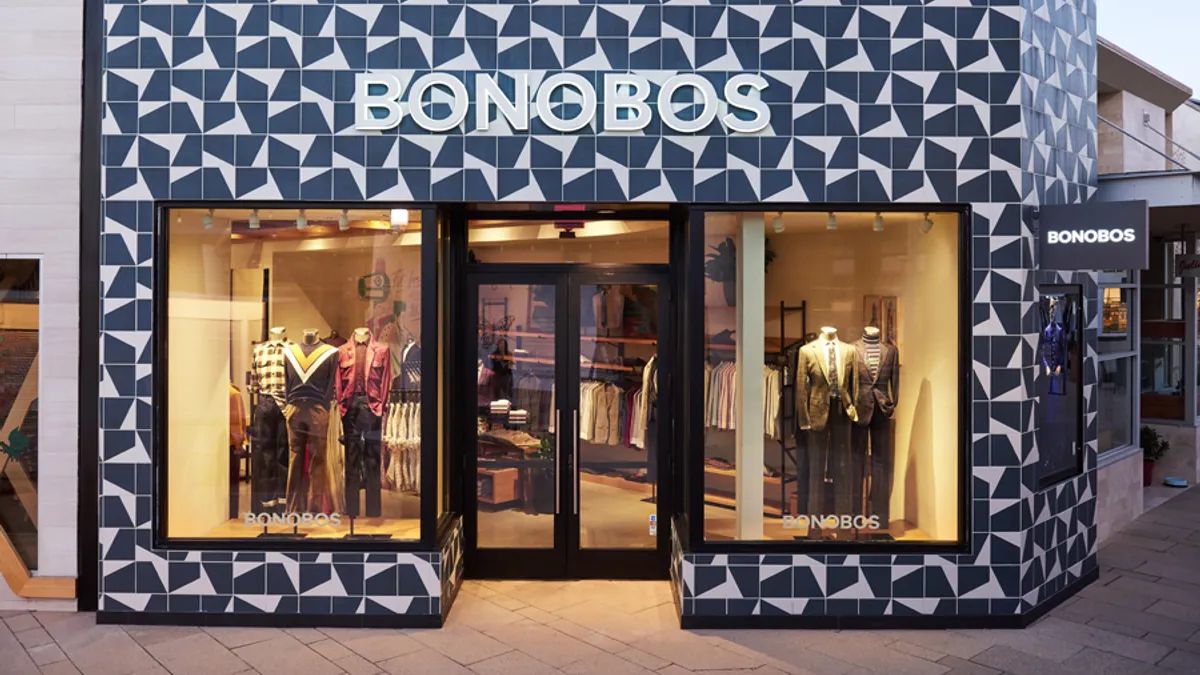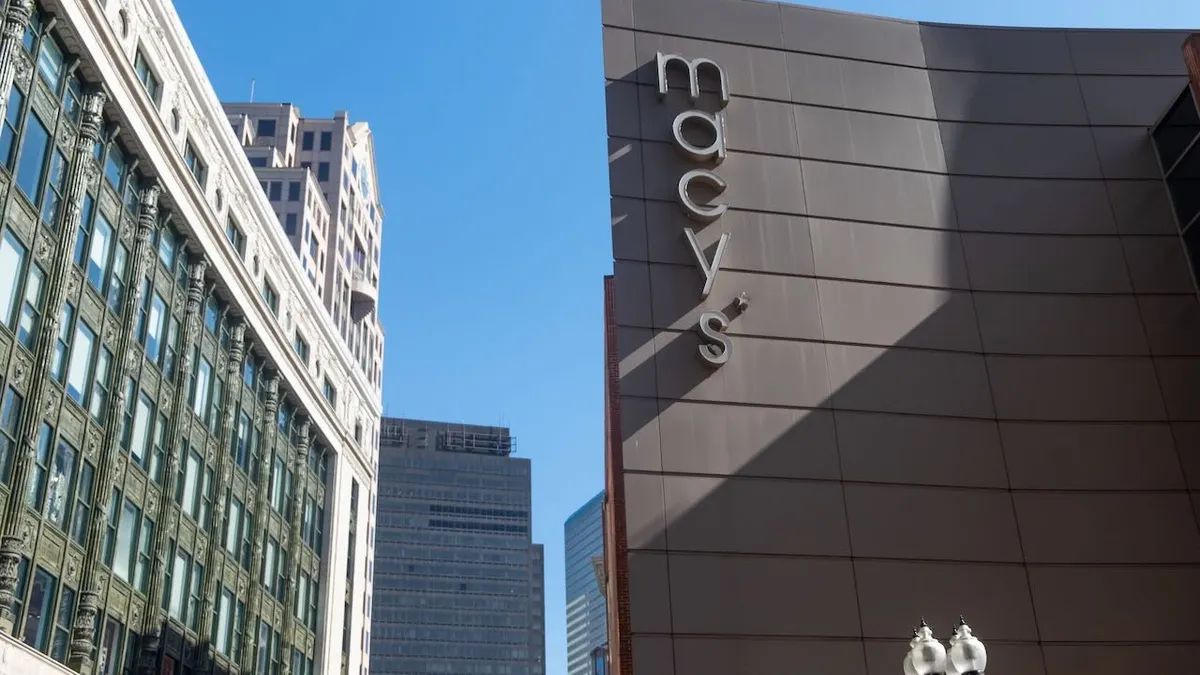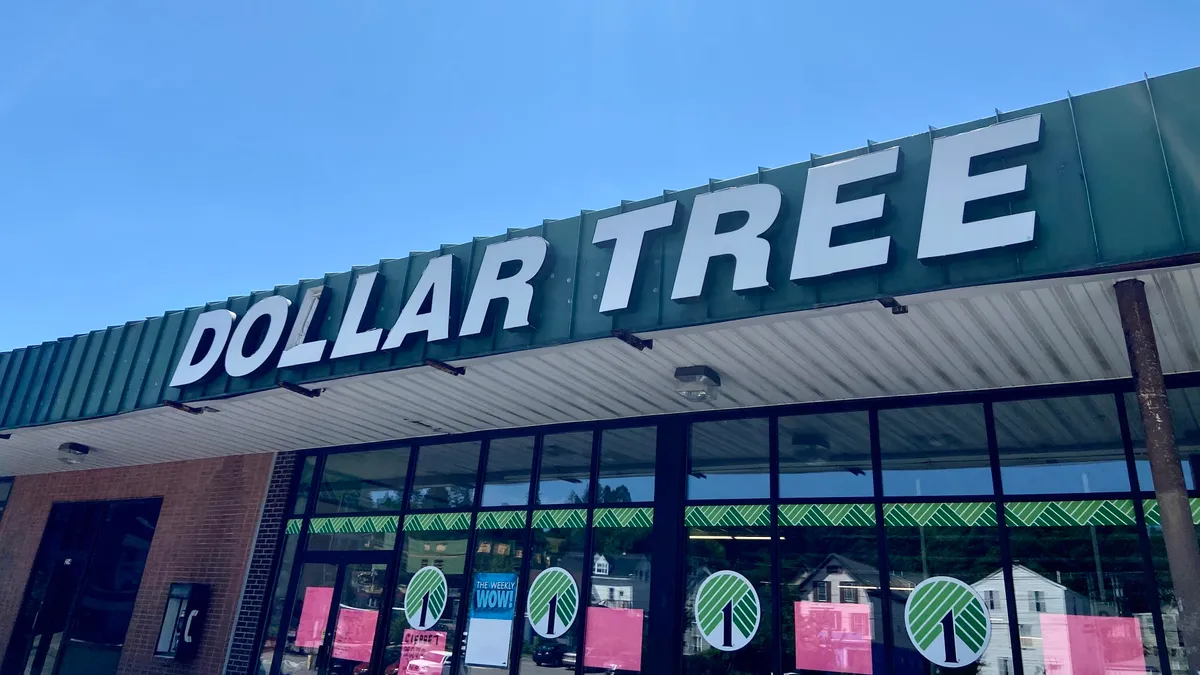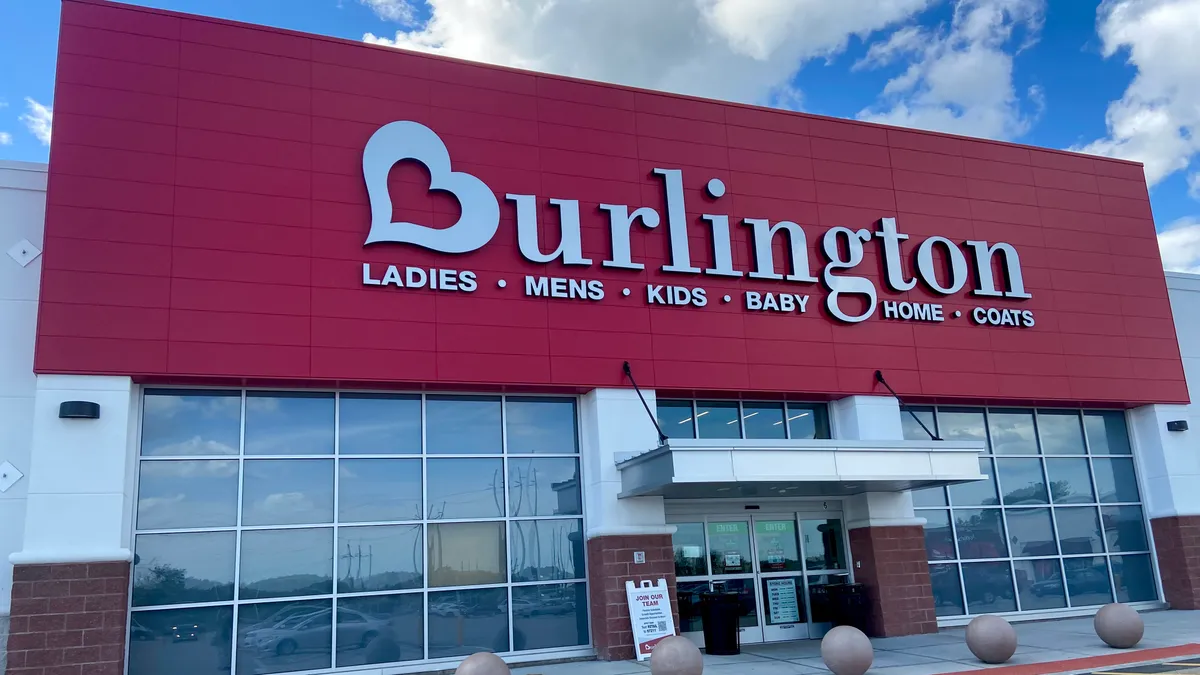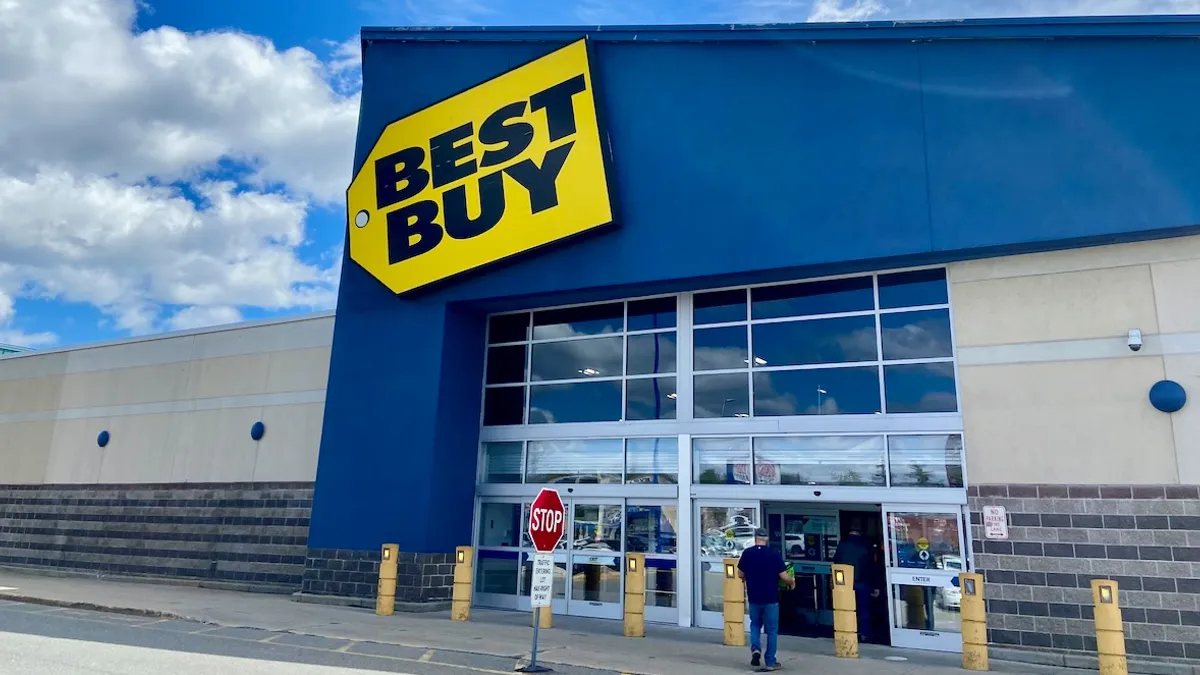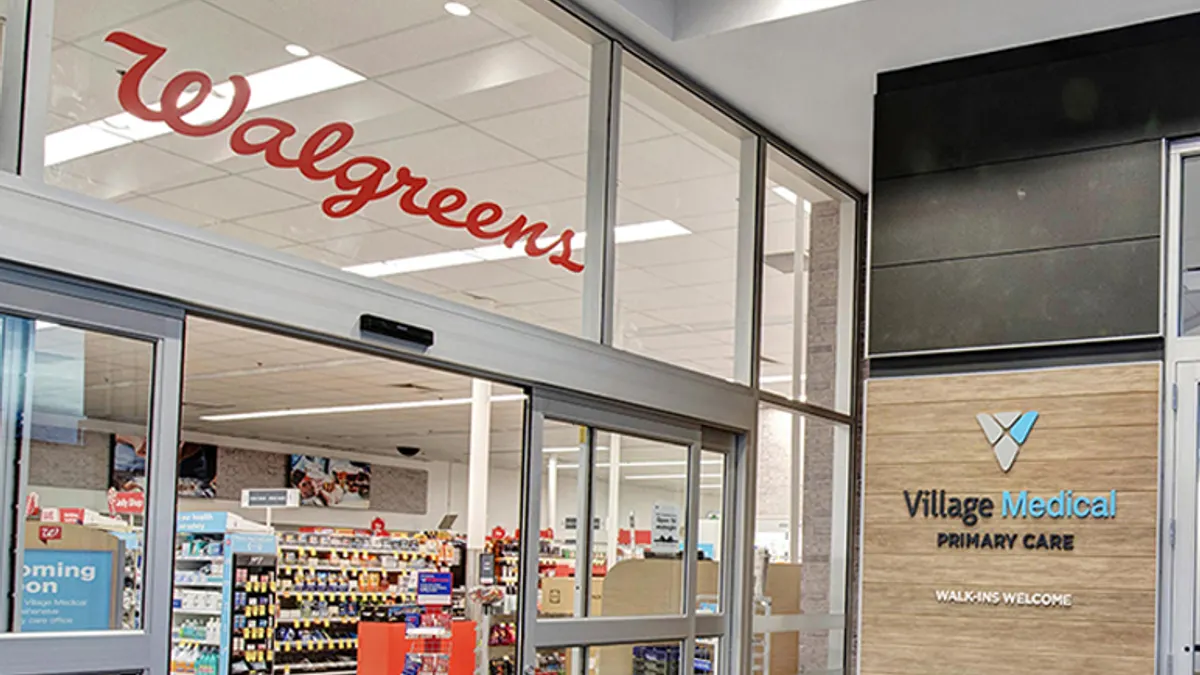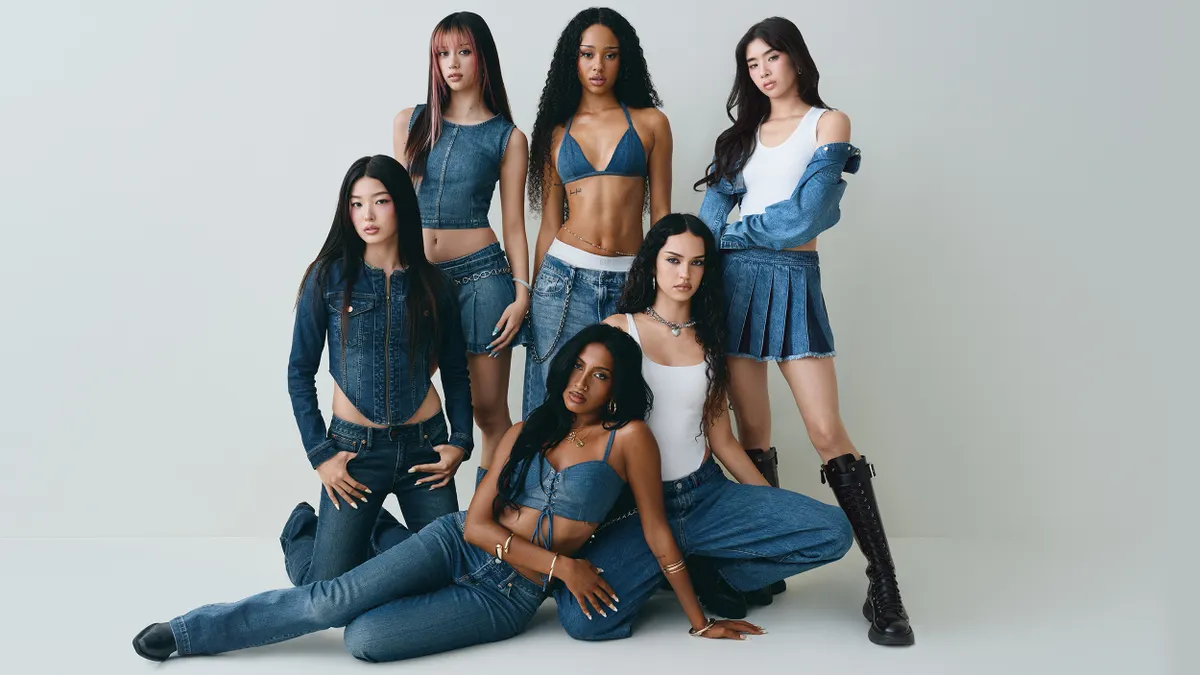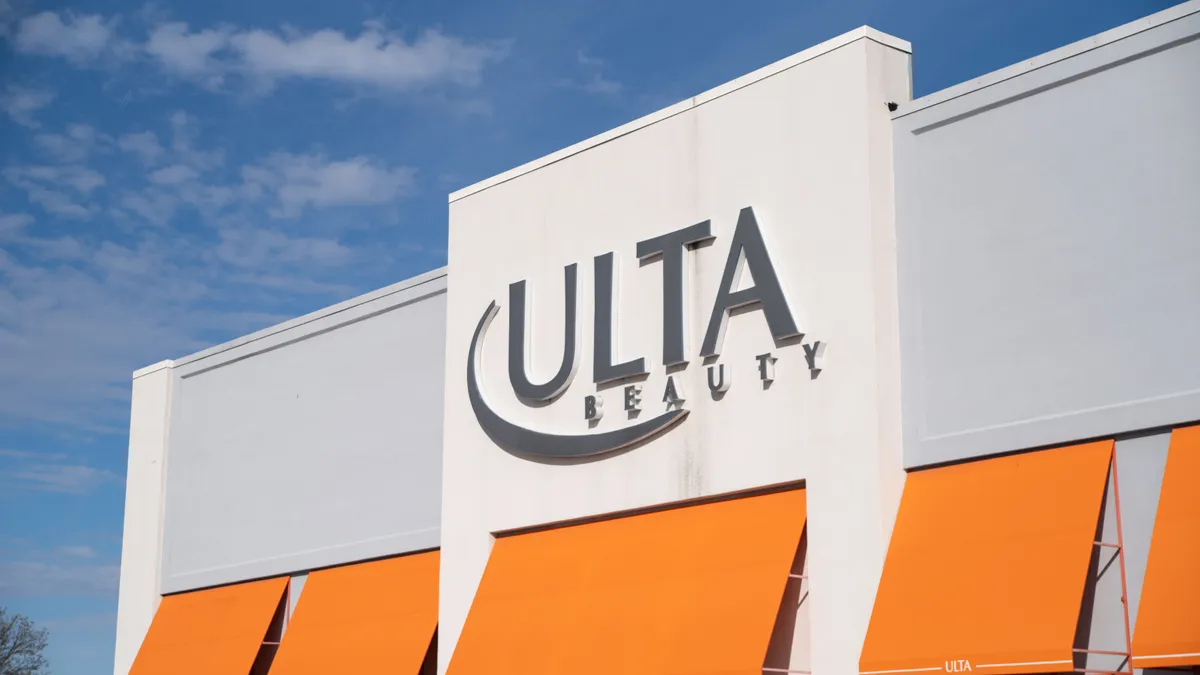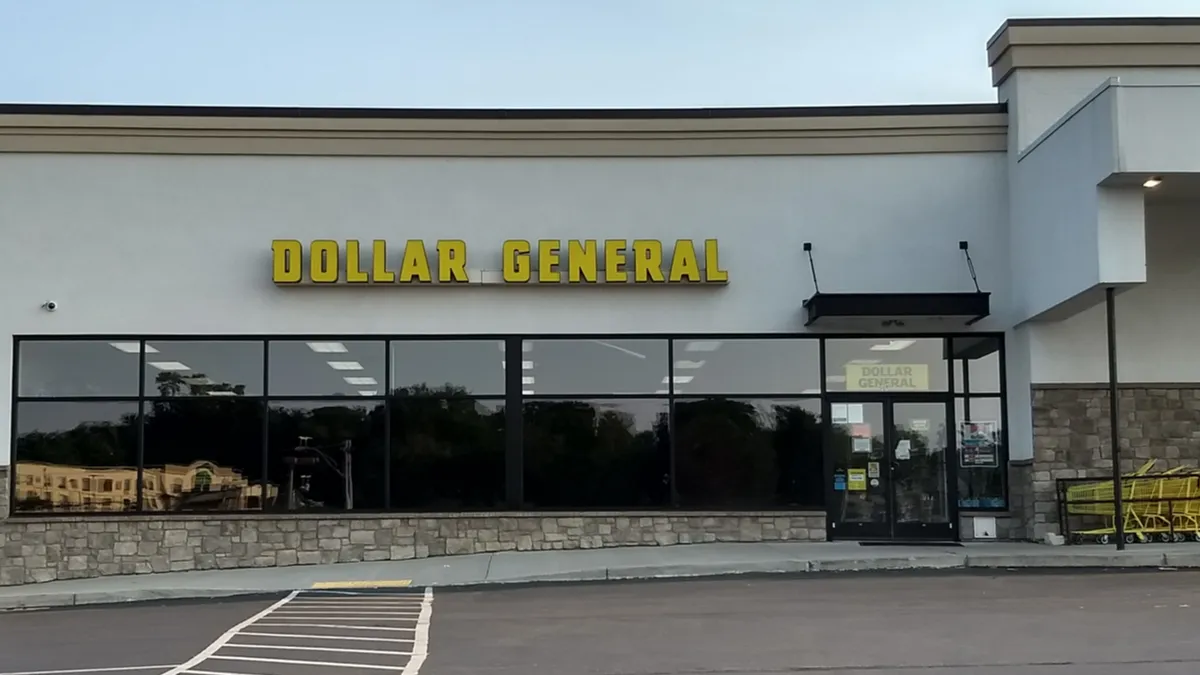Every month in New York City a group of six friends get together for dinner to celebrate birthdays, catch up on each other's lives and reminisce about the old days working at Bonobos.
Emily Onkey is one of them. The former director of brand marketing at Bonobos spent two and a half years at the company before leaving just over a year ago to become the vice president of marketing at digitally native footwear brand Soludos.
Erin Grant, another dinner club member, is a more recent alumna. After nearly six years of communications and public relations work at Bonobos, she left in January to become the director of communications at another digitally native brand — Freshly.
Onkey and Grant are part of a growing network of former Bonobos employees who are now sprinkled across the digitally native, direct-to-consumer retail sector at trendy brands like Everlane, Away and Warby Parker, among others.
Notably, several former "Bonobians" — as CEO Micky Onvural endearingly refers to employees — have also gone on to start their own businesses. Craig Elbert, another dinner club member, spent more than six years at Bonobos before leaving the company in 2015 to co-found Care/of, a digitally native vitamins brand.
Joshua Goodman is another Bonobian turned entrepreneur. The former marketing manager at Bonobos left in 2015 for stints at Outdoor Voices and Koio before co-founding by Humankind, a DTC personal care brand built on a mission to reduce dependence on single-use plastic products.
"[Bonobos is] sort of the DNVB college and it's managed to produce people who have started companies together, or gone on to drive business and work in other DTC startups."

Erin Grant
Director of Communications, Freshly
"[Bonobos is] sort of the DNVB college and it's managed to produce people who have started companies together, or gone on to drive business and work in other DTC startups," Grant told Retail Dive in an interview. "It's crazy, it's like if you worked at Bonobos you probably know at least one person at every single DTC company over the last five years."
Those connections have certainly had individual positive effects in bonding coworkers as friends, and given them opportunities when looking for a new job. More broadly, they've also strengthened Bonobos' reputation in the sector as one of several pioneers developing the DNVB workforce and even brands of the future. Bonobos also incubated women's apparel brand AYR, and Bonobos founder Andy Dunn has funded a number of brands in the space.
Bonobos employees aren't the only ones noticing Bonobos' role in connecting digitally native brands.
"Incestuous is not the right word, but it's like that. There is a spiderweb," Moiz Ali, CEO of deodorant brand Native, told Retail Dive in an interview in March. "I believe Andy Dunn might be at the center of that spiderweb. I'm not positive, but there is that sort of spiderweb in e-commerce where everyone sort of knows everyone."
Dunn, who handed off the CEO spot to Onvural last year and moved up the ladder at Walmart e-commerce to grow digitally native brands there, can be credited for fostering an intentionally entrepreneurial culture. That's also in part to blame for why some people are leaving the brand, Onvural told Retail Dive in an interview.
"That was starting to really frustrate me because I was like, hang on, there's all these employees who we've invested in for a couple of years, you know they now know our business, they know our culture, they know how things kind of get done around here and now they're leaving us," she said. "I was sort of upset about it ... and I thought, look, the world is changing and this is what our employee base wants now. They want fresh perspective, new learning, to go to a new city, to go to a new country to see another way of working and actually, maybe that's really good."
Over a recent lunch with former employees from the very early days of Bonobos, Onvural said a light bulb went off. Since then, she's become passionate about a bounce-back theory.
"How do [employees] bounce back to you three to four years from now when they're even better than when they left you? How do you create a culture that is supportive in people's broader careers that supports them as they go find their next career opportunity adventure? How do you stay connected to them to bring them back into the fold?"
These are all the questions she's asking herself. And the answers come down, at least in part, to training, culture and alumni outreach.
Creating the DNVB culture
Culture at Bonobos has always been very intentional driven first and foremost by Dunn, who is something of a thought leader on the topic. Since taking the reins as CEO, Onvural said it's also been one of the most important aspects of her job.
"When I became CEO I made three pledges to the organization: I said I will be a champion of the customer, the brand, the business and our people," she said. "I will build authentic relationships with all of you as much as I humanly can and I will reward innovation and embrace failure."
When Grant started at Bonobos over six years ago, the company still felt like a startup down to the way onboarding and training took place. "In the early stages there wasn't as much of a focus on it because everyone was trying to move at the pace in which the business was growing," she said.
One of the first programs she went through was to get her "white belt" in customer service training. What that means is essentially moonlighting as a customer service representative — or "ninja" as they're called at Bonobos — by answering customer emails, learning about the product and understanding the customer.
Programs for onboarding and continued professional development have matured in the years since. Now, within the first two weeks all new hires go through the "Know Bonobos Program," which includes training on customer insights and analytics and shadowing a guide at a local showroom as well as a customer service ninja, among other things, according to company information provided to Retail Dive.
"Through our commitment to operating with a people-centric approach, we provide impactful learning opportunities that meet the diverse needs of the Bonobos team," Tiff Poppa, senior director of employee experience, said in a statement emailed to Retail Dive. Specifically, employees all go through the Gallup StrengthsFinder Assessment workshop within the first quarter of joining the business.
"If you don't know someone's name they think they don't matter to you and I think it's really important that your employee base knows that they matter to you."

Micky Onvural
CEO of Bonobos
"It's the idea that you have innate strengths and you should work with them and not try constantly to make up for areas you're not so good," Onvural said. Developing managerial skills is another key part of making sure the desired culture trickles down to the most junior members. Everyone up to the executive level goes through a managing for success program that focuses on giving feedback, coaching, delegating and mindset.
Training isn't all relied upon as an in-house operation. Learn.Know.Bos, for example, is an annual week-long learning conference that gives all employees the opportunity to attend workshop-style training sessions from industry leaders. Anyone at the senior director level and above also participates in a leadership development retreat, WYLD, that offers a more personalized training focusing on strengths and leadership.
All of these programs and more go into shaping a culture. Even something as small as knowing people's names is critical, Onvural said, adding that she knows everyone at the corporate headquarters (over 200 employees) and nearly all guide shop managers (62 as of March) by name. "If you don't know someone's name they think they don't matter to you and I think it's really important that your employee base knows that they matter to you," she said. "And it doesn't take much."
Culture has become a stronger factor in employees' decision making and one that embraces entrepreneurship and autonomy is increasingly appealing as more companies take cues from the tech industry, according to culture and brand leadership expert Denise Lee Yohn.
"Several companies, and Google is the most public, at one point gave employees discretionary time to work on projects they were interested in. Many companies do that, there's a recognition that the work you're asking them to do is not the only thing they care about," she said. "By understanding the value of giving your employees freedom and opportunity to develop personal interest, you do open yourselves up to people being more entrepreneurial and more likely to leave to start a business."
"There's a hunger and curiosity that bred at Bonobos that would be hard to turn off."

Emily Onkey
VP of Marketing, Soludos
Despite the fact that Bonobos was acquired by one of the largest retailers in the world — Walmart — it has received accolades for keeping the culture that first attracted these types of people intact.
"The pro to Bonobos being acquired by Walmart or other companies being acquired by private equity for example is the employee has more potential opportunities going forward," Yohn said. "They might have left because they thought, 'Where am I going to go from here? But now that I'm a part of the broader organization there is a rare opportunity.'"
For Onkey, she felt she needed to leave Bonobos to continue to grow in her career, but she says that's not reflective of a changing culture because of the acquisition and scaling of the business. "There's a hunger and curiosity that bred at Bonobos that would be hard to turn off," she said.
The biggest thing that keeps Onvural up at night is people and thinking about how to scale culture not only as the corporate headquarters grows, but more importantly as guideshops crop up across the country, in some cases thousands of miles from Onvural's office.
"[We're] coming up to 500 employees that work in the field who I don't see every day. So how do you scale [culture]?" she said. So far, that's meant scaling out the mindset of speaking to strengths, rewarding employees who represent the company's core values, hosting a town hall every other week and bringing store managers to New York to attend "camp" — which is essentially a development and team building retreat.
"We do try to build as much connectivity as we scale through those stores, but it's not as easy."
Will Bonobians come back?
Having a robust alumni network, so to speak, is an incredible competitive advantage when it comes to recruiting. And the stigma around returning to a former employee may be lifting, Yohn said. "In the past, I'm not sure people would be proud to say they went back to a former employer. It's always seen as this kind of mentality of onward and upward."
And for some, that mentality is true. Onkey, for instance, said it would be hard to see herself going back to Bonobos. "The [DTC] landscape is one that changes so quickly and that's what makes it so exciting. It feels like a space with so much forward momentum, it would be hard in my mind to imagine going back."
Others, however, have already bounced back to the brand. Shortly after leaving the company as director of production and sourcing at Bonobos to work at Banana Republic in 2016, Katie Manning said she realized it wasn't the right move.
"After two months I emailed Andy [Dunn] and was like, 'I made a mistake. I do not want to work for a big company,'" she said, adding that she also knew he had friends at Rockets of Awesome who were hiring. The digitally native children's apparel brand was founded by Rachel Blumenthal (who is married to Neil Blumenthal, the co-founder of Warby Parker).
"I think that the Bonobos focus has always been around people, so it doesn't matter if you were at the guideshop or at HQ. It's really always been people first, which is honestly why I came back."

Katie Manning
Director of Production and Sourcing, Bonobos
Manning then spent about a year and a half at Rockets of Awesome and because of her strong ties to Bonobos, she helped drive collaboration between the two brands on a swimsuit collection. Other former employees Retail Dive spoke to also noted that their connections back to the brand led to partnerships or less formal freelance work with current or former Bonobos employees.
"I think that the Bonobos focus has always been around people, so it doesn't matter if you were at the guideshop or at HQ. It's really always been people first, which is honestly why I came back," Manning said. "Everyone is really invested in your growth, what you need to do in order to grow, getting feedback or listening to ideas. I think this culture is a very open and honest one, so that's why people really thrive when they're here."
That said, Manning is glad she experienced work outside of Bonobos at a different digitally native brand. "For me personally, I needed to grow outside of the company in order to get to the next level at Bonobos. I had grown up as a mother working in this environment and I think quite honestly I needed a little break to see what was out there," she said. Manning rejoined her old team at Bonobos a little over a year ago.
In response to a question regarding whether the company has programs in place to actively recruit former employees back to the company, Director of Talent Acquisition Katie Turrel said in a statement that the company prides itself on long-lasting relationships with employees. "We are thrilled when employees learn, grow and come back so we like to keep an open door, allowing folks to feel comfortable reaching back out after they leave," she said.
"It may be in the DNVB world that [working at] Bonobos, or Warby or some brand that's been around since the beginning and it's kind of invented the model is kind of like going to a Harvard post-grad."

Barbara Kahn
Professor, Wharton School of Business
In many ways, working for Bonobos — or Warby Parker and Rent the Runway for that matter — is a desirable resume and skill builder for today's retail executives, according to Barbara Kahn, a professor at Wharton's school of business. That's a familiar role that Macy's once served, she added.
"When I look at the legacy people who work for department stores and stuff, an older generation, they all know each other also and they all got trained. Almost all of them went through a Macy's training or a May company training program," she said. "They've known each other for a long time, it's kind of a small community. And then it gives them a really good network for looking for people when they move up. They want to bring people they know back or some people go back, they go back and forth."
Now, it seems everyone in the digitally native, DTC world knows each other. There are seemingly infinite examples of how these brands are connected, whether through employees, investors or friendships.
One small piece of evidence is the Directors' Council at the Baker Retailing Center, which Kahn said was created by bringing in Wharton graduate Neil Blumenthal's friends. The council notably includes Rachel Blumenthal and Dunn, as well as Birchbox co-founder Katia Beauchamp, Harry's co-founder Jeffrey Raider and Story founder (and now Macy's executive) Rachel Shechtman, among many others.
"It may be in the DNVB world that [working at] Bonobos, or Warby or some brand that's been around since the beginning and it's kind of invented the model, is kind of like going to a Harvard post-grad," Kahn said. "So other people are attracted to that and then if you want to come back because you enjoy being there, you can come back."
Correction: A previous version of this article incorrectly described the business model of Rockets of Awesome. It is a children's apparel retailer.


